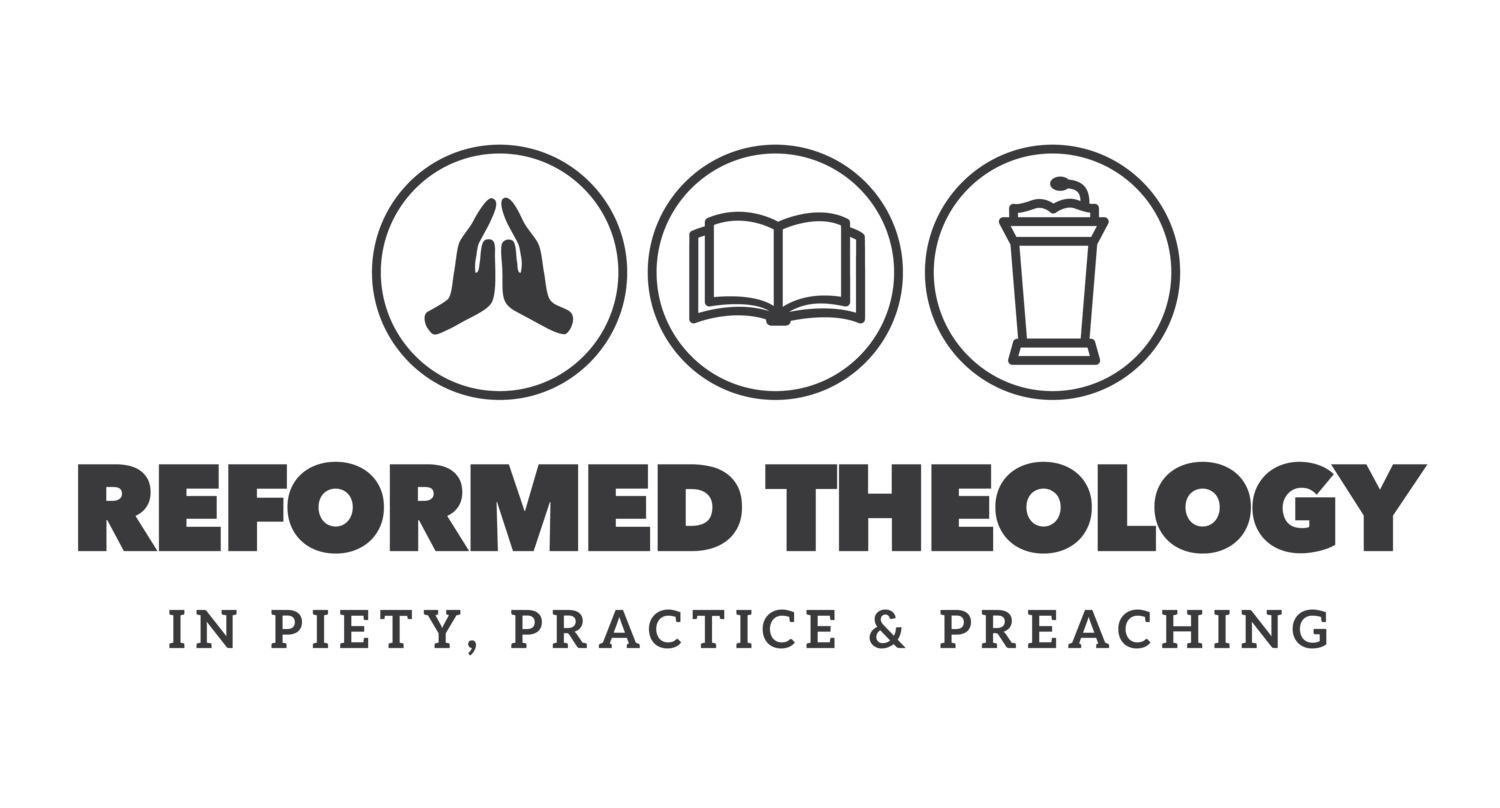Many people don’t realize that there is a lot of work involved in getting a PhD. Assuming that you’ve got good grades, for example, usually at least a 3.5 GPA or better, you’ve only just begun. There are three important steps to prepare for PhD studies. The first is determining whether you want to study in the US or Europe. If it’s the US, then you will likely have to take the Graduate Record Exam (GRE). Some graduate schools require this test and usually post expected exam scores necessary for admission. I’m a horrible test-taker and I don’t recall what I scored on the GRE, but it was probably subterranean. You can buy study books or even take prep courses to perform well on this test. If you decide on a European school, then you usually don’t need to take the GRE.
Second, you typically need to study two modern foreign languages, or sometimes more. I remember getting a letter from my PhD supervisor who told me, “Oh by the way, you should learn French and Latin if you don’t already know them.” Oh, sure! No problem. Blessedly, I received this advice before the semester started. My seminary offered theological French and Latin, so I took both along with Greek. As to what foreign languages you learn all depends upon your field of study. If you’re doing systematic theology, you might study German and Latin. If you’re studying New or Old Testament, it will probably be German and French. If you’re doing historical studies, it all depends on what period and people you’re exploring. If you’re researching Luther, then it’s German and Latin—if it’s the Synod of Dordt, then you’d probably need Latin and Dutch. Most institutions usually require level two proficiency (two years) for your primary language and level one proficiency (one year) for the secondary language. And most institutions will require you to pass a proficiency test at certain points in your studies. If you’re looking at studying Semitics, then you will probably have to learn Aramaic and one or two other languages, such as Ugaritic or something exotic like Akkadian. In fact, one of my colleagues impressively taught himself Akkadian because he needed to reference some passages for his dissertation.
Third, one of most important steps in preparing for PhD studies is take every opportunity you can to write. Some seminarians make the mistake of avoiding writing at every turn—they want exams, not papers. If you want to get a PhD, then you need to know how to write clearly. Plus, you need to be able to do research. If you don’t practice and hone these skills, you’ll have a tough time getting through a PhD program. US programs usually require students to take two years of seminars, which normally require writing papers of anywhere between 25-50 pages. If you’ve never written a quality paper of this length, it can be a rude awakening.
These are three important preparatory steps. You can begin to make plans and start pecking away at the various requirements. If you’re still in college study German and seek opportunities to write. If you’re in seminary, focus on your studies and worry about the foreign languages until after graduation. Many students take a year after seminary to do their language studies. Keep in mind, these requirements (such as language study) are not hoops to prevent people from getting into the club. Rather, as a doctor, you need to be able to do research in other languages. Some of the best works are not translated into English and you must consult them to do quality research. And improving your writing is all about becoming a competent communicator. It does you no good to know a mountain of information and nevertheless be incapable of communicating it to others.
In the end, don’t be intimidated by the preparation process. Recognize that it will take some time but that you can manage things one step at a time. A thousand mile journey begins with one step. Just keep plugging away at it and you’ll do fine.
